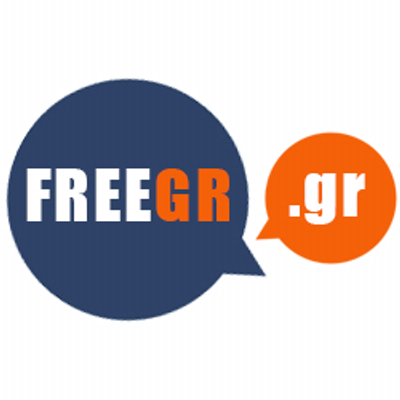Στη στάση των Ελλήνων εργαζομένων για την τηλεργασία και την διαδικτυακή ιδιωτικότητα τους στη μετα-κορονοϊού εποχή εστιάζει νέα έρευνα της Kaspersky. Σύμφωνα με σχετική ανακοίνωση, «το δεύτερο κύμα του COVID-19 εδραίωσε για τα καλά την τηλεργασία, αναδεικνύοντάς την σε νέα κανονικότητα. Παρά τα, κατά γενική ομολογία, πολλαπλά οφέλη της, η εργασία από το σπίτι επιφέρει πολλαπλές προκλήσεις τόσο για τους οργανισμούς όσο και για τους ίδιους τους εργαζόμενους. Η απουσία διαπροσωπικής επαφής, η μονοτονία από τη συνεχή παραμονή στον χώρο του σπιτιού και τα ασαφή όρια μεταξύ προσωπικού και εργάσιμου χρόνου καθιστούν για αρκετούς εργαζόμενους λιγότερο ελκυστική την τηλεργασία.
What Is Online Privacy? This Is Your Human Right
Online privacy, also known as internet privacy or digital privacy, refers to how much of your personal, financial and browsing information remains private when you’re online.
This has become a growing worry, with browsing history and personal data all potentially at risk when online.
Many people underestimate the importance of online privacy, but they should be aware of how much information they’re sharing - not just on social networks, but just by browsing itself.
Why online privacy is so important
You should value data privacy online in the same way as the real world. So you have a confidential conversation behind closed doors or only share your financial details with a bank.
It’s important to remember that nothing is free: whether it be downloading apps, using a company’s “free” email service (such as Gmail) or social networks like Facebook. Even visiting a website means you’re sharing data about yourself. And, as some people in your life know you better than others, online privacy exists on a spectrum: some online entities gather and store more information about you than other platforms.
Online privacy is important for numerous reasons. You don’t want to share details of your personal life with strangers and it’s hard to be sure what personal information is gathered and by whom: information collected by one company might be shared with another.
You might be uncomfortable with bespoke, targeted ads that remember your internet search history.
Even more problematic is information sold from one company to another, or data gathered and shared without your consent. Ultimately, this is identity theft.
Public concern over internet privacy
In a recent poll of American internet users, 81% said they believe they have no control over data collected by private companies. Worse - the number climbs to 84% when asked if they could control the government’s collection of their data.
GDPR
In the EU, concerns like these were addressed with GDPR (General Data Protection Regulation). This set of laws, passed in 2016 and implemented in 2018, was intended to protect the privacy and data of every EU citizen.
There are 99 articles in GDPR. These include:
- the right to know what data a company holds about you
- an opportunity to refuse a company access to browsing history and cookies when you visit their site
- clear responsibility for companies to gain consent for customer information
- stricter regulations regarding contacting customers and sharing contact details with third parties
The right to be forgotten: data privacy as a human right
“The right to be forgotten” is a relatively new phrase, but it grows in relevance every time someone visits a site. Some tech companies have customer information dating back years, logging every site they visited, their preferences, shopping habits, political views and more.
The right to be forgotten is the right to ask those companies to delete and surrender this information.
This can extend to online chatter and third-party discussions: there have been cases where people have fought to have their names and images removed from “revenge porn” (and search engine results for same). Some have requested past personal stories (involving petty crime or embarrassing viral stories) be taken off the internet.




0 Post a Comment:
Δημοσίευση σχολίου